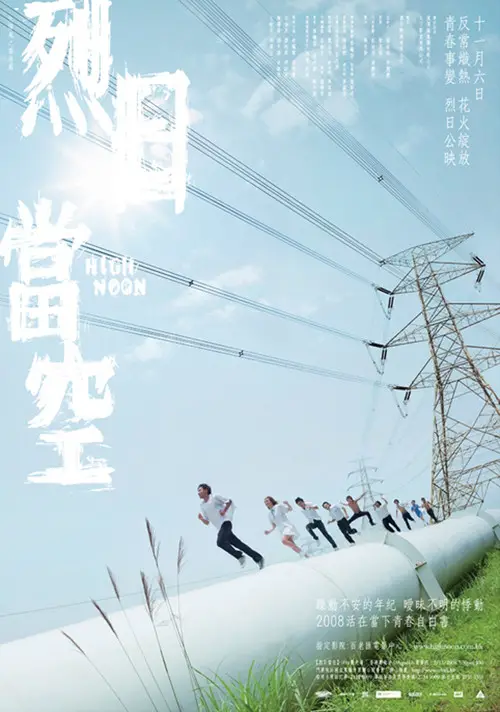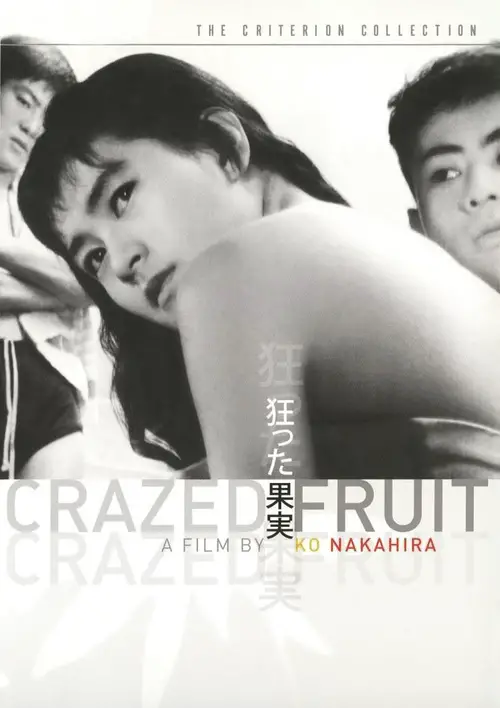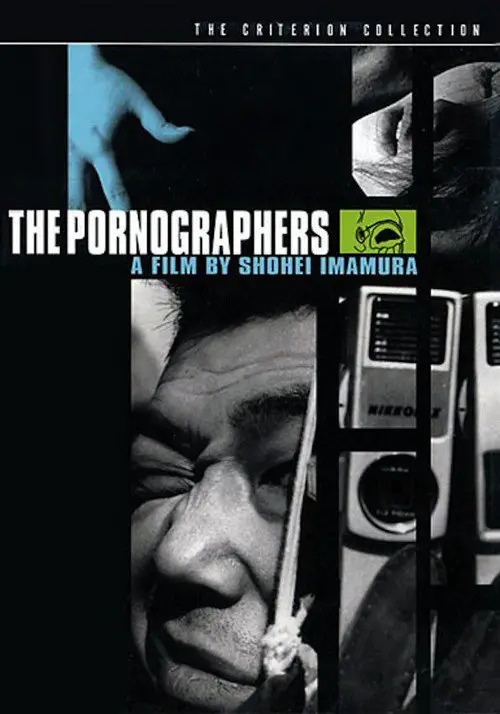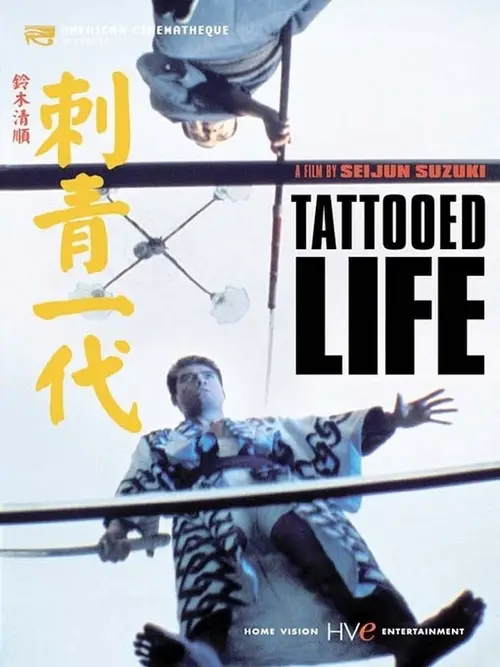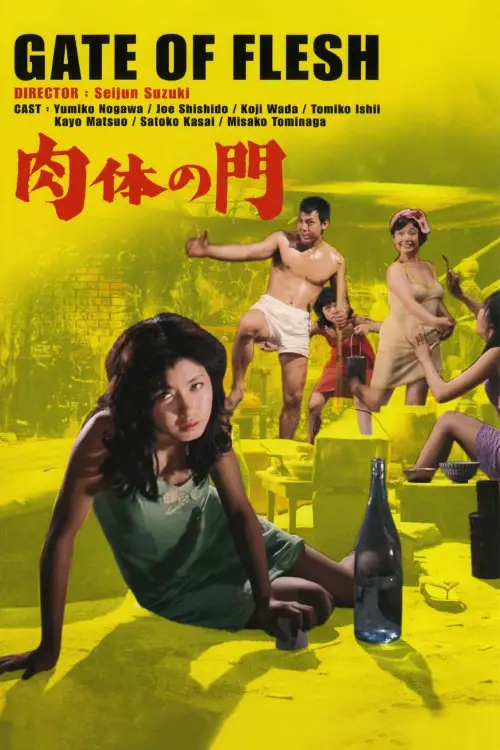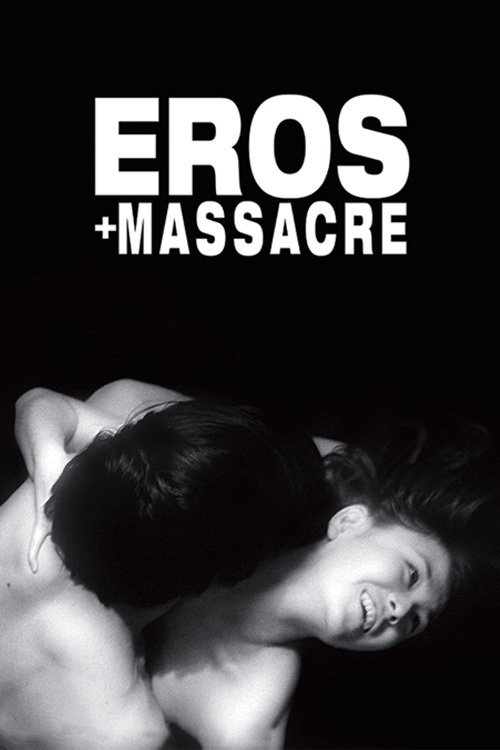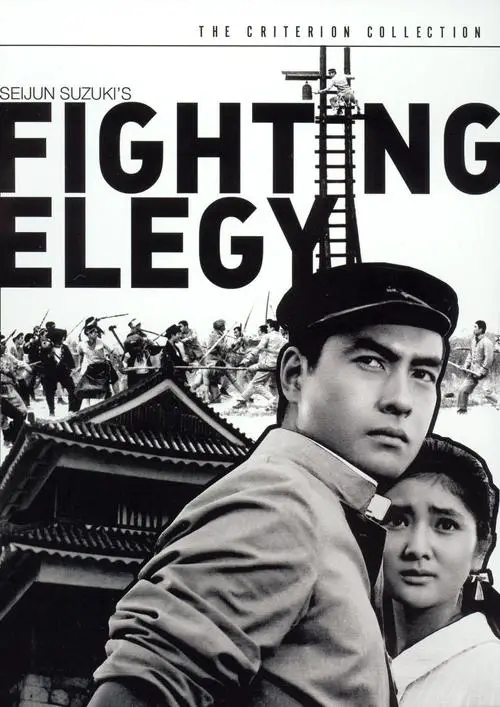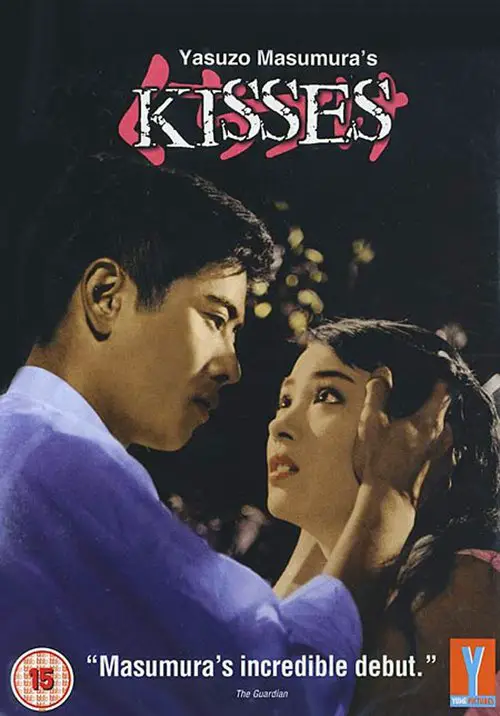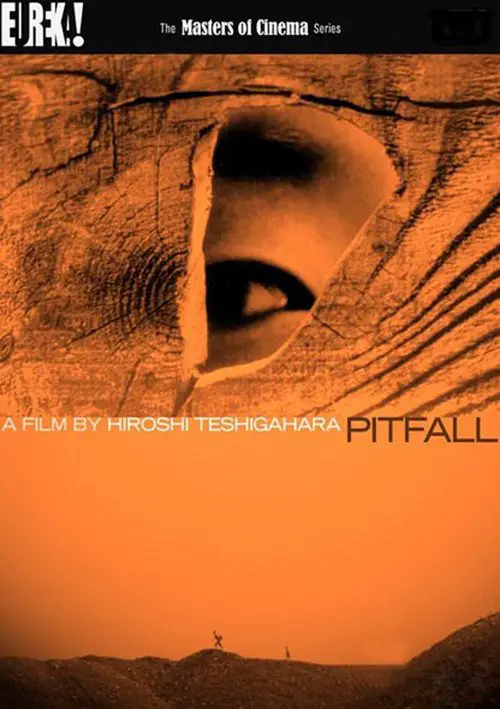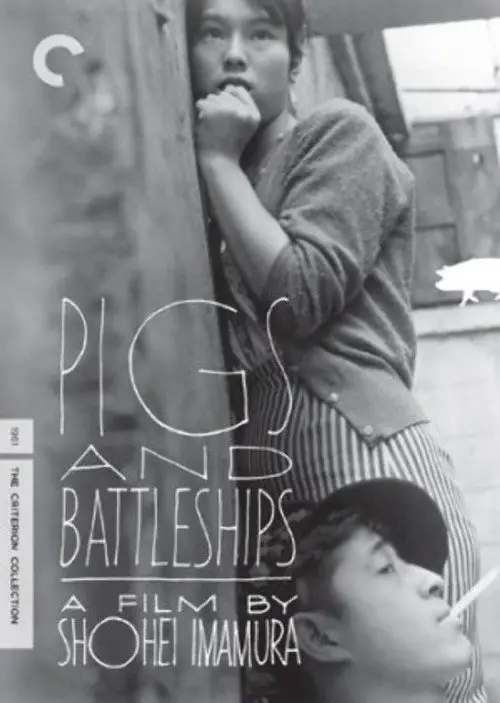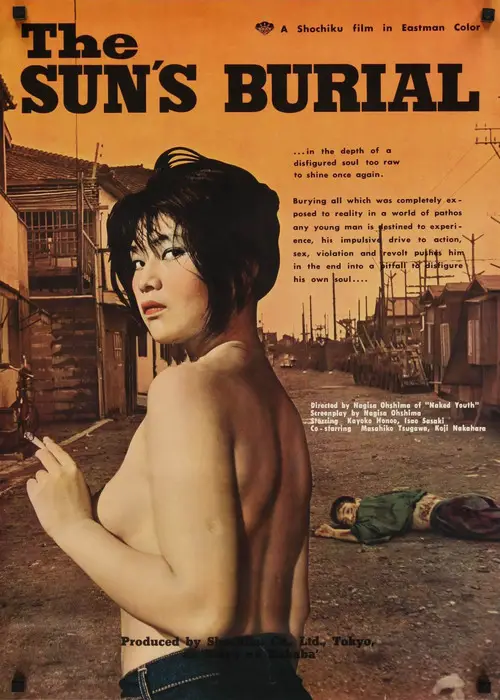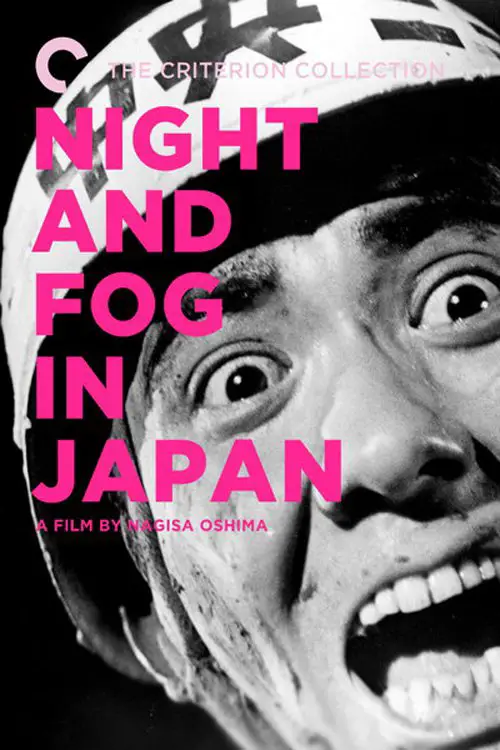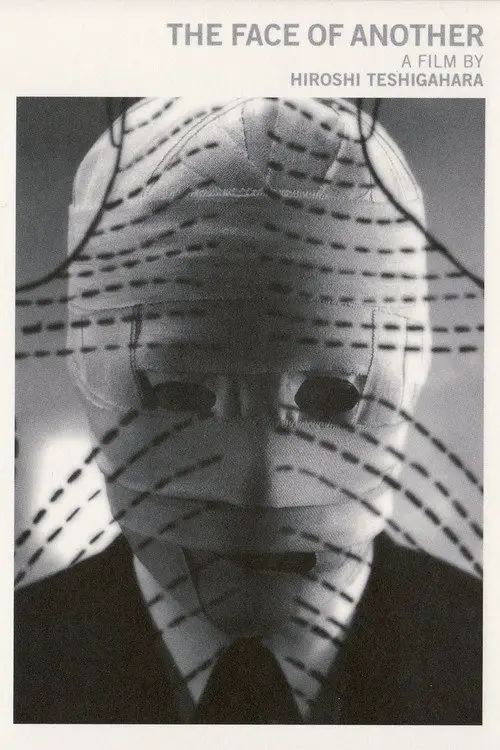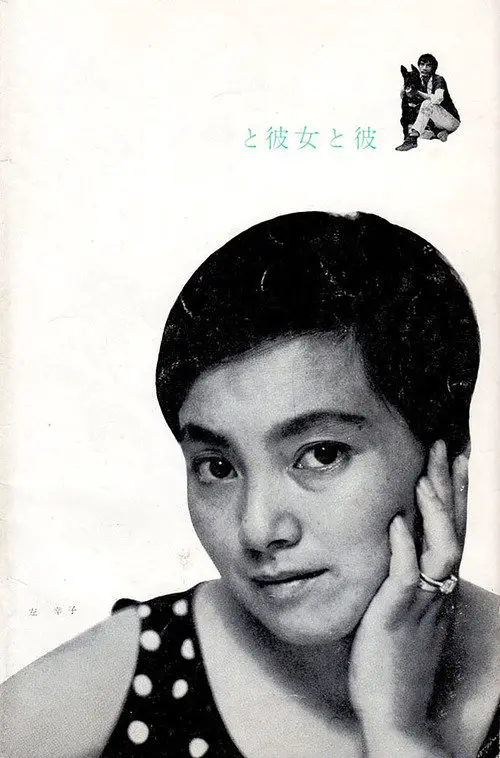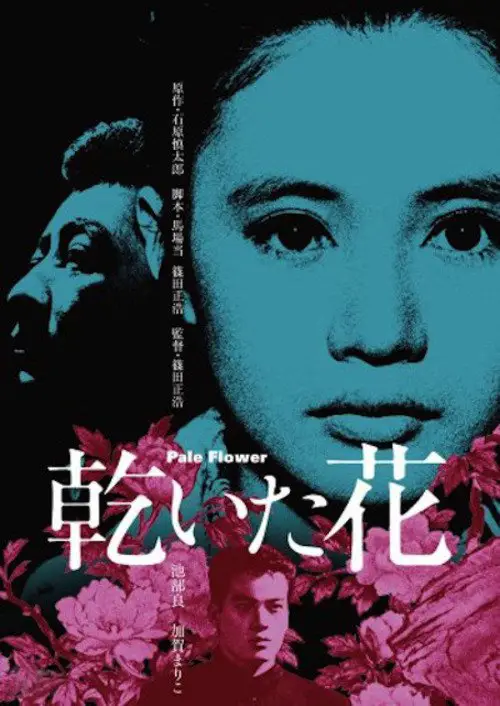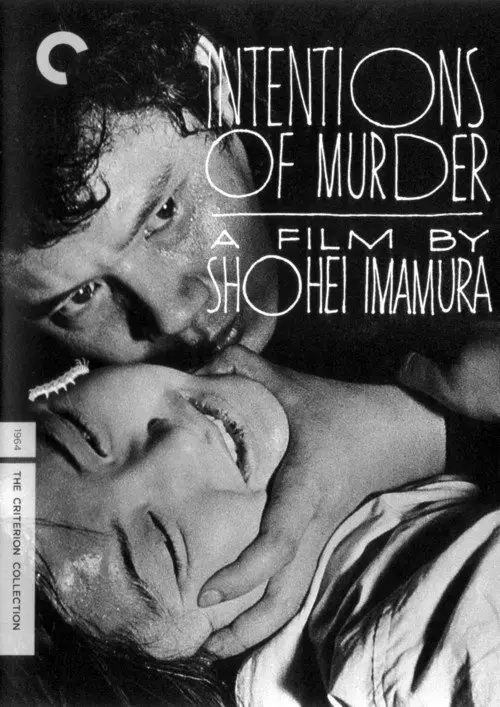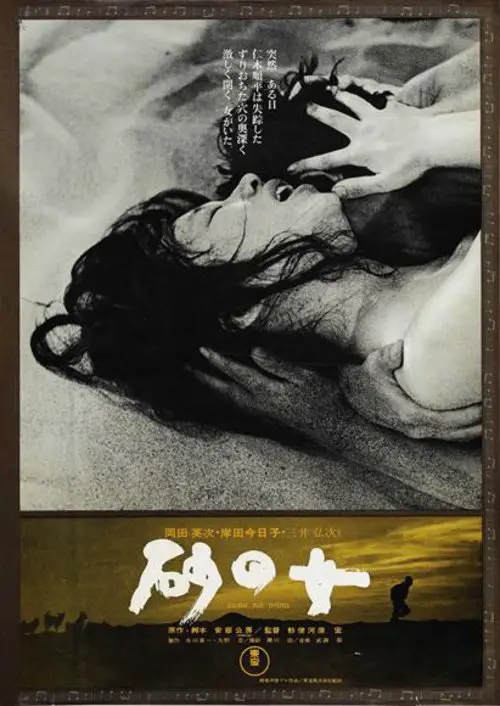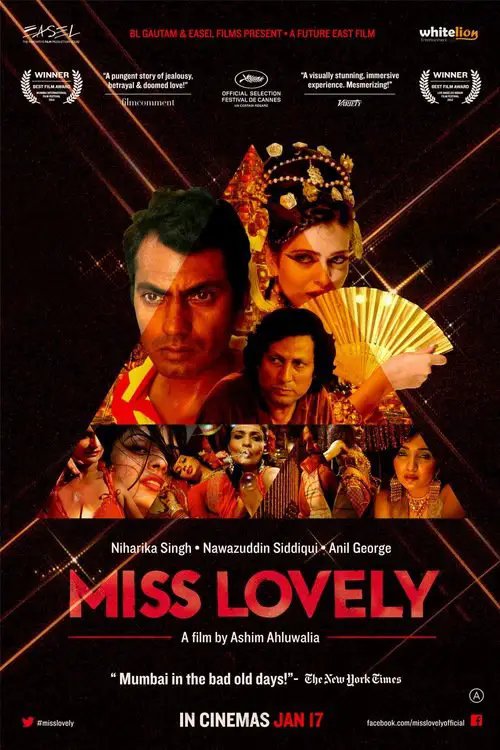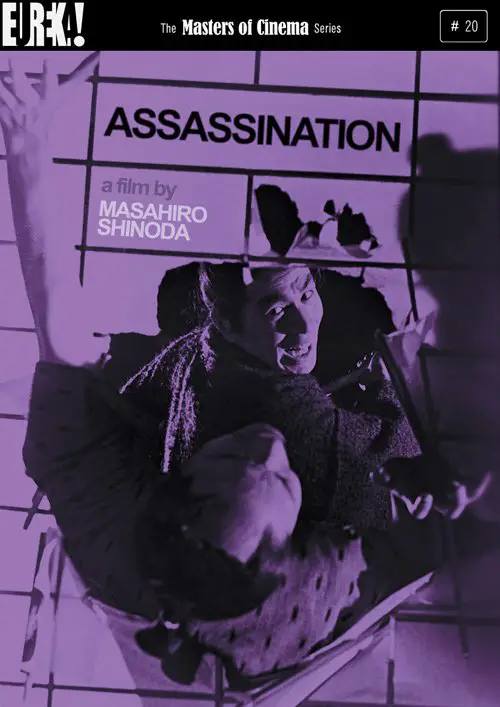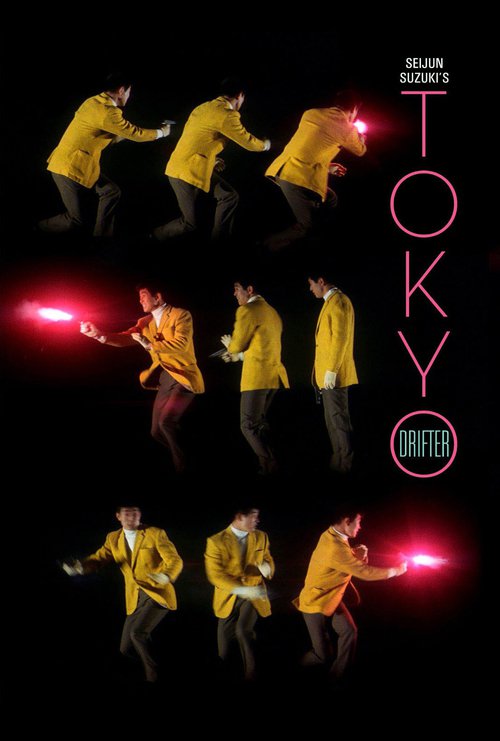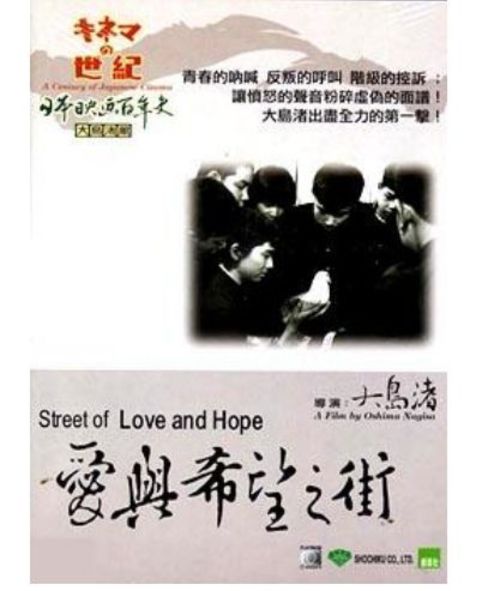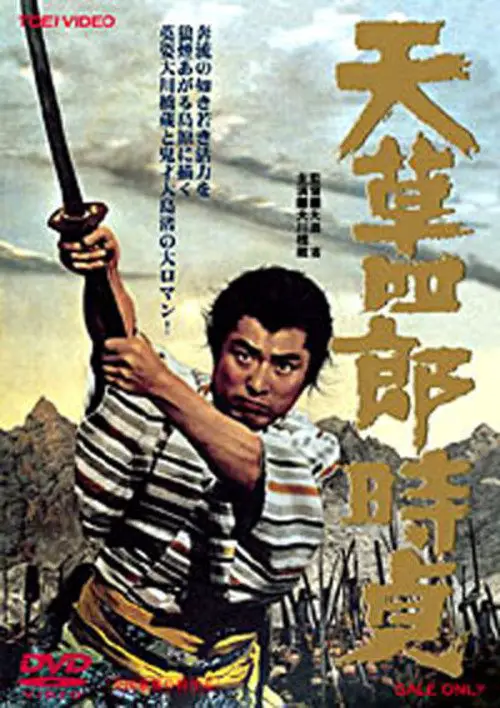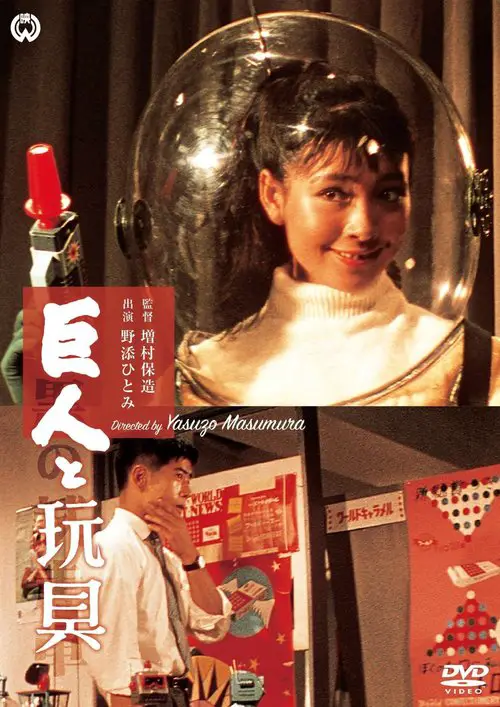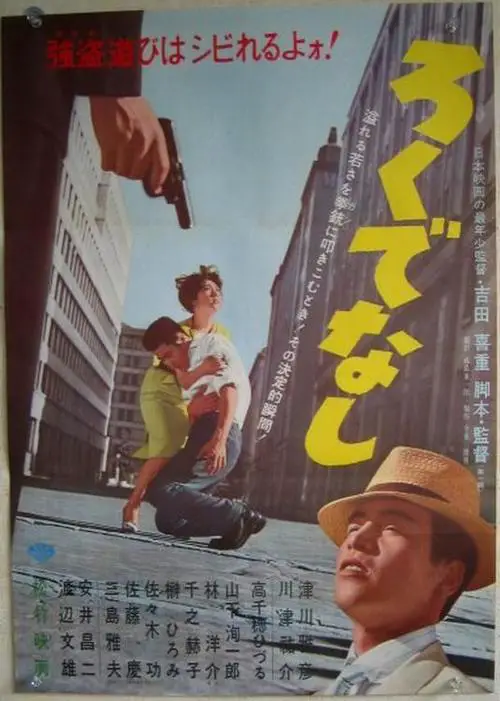Cruel Story of Youth (1960)
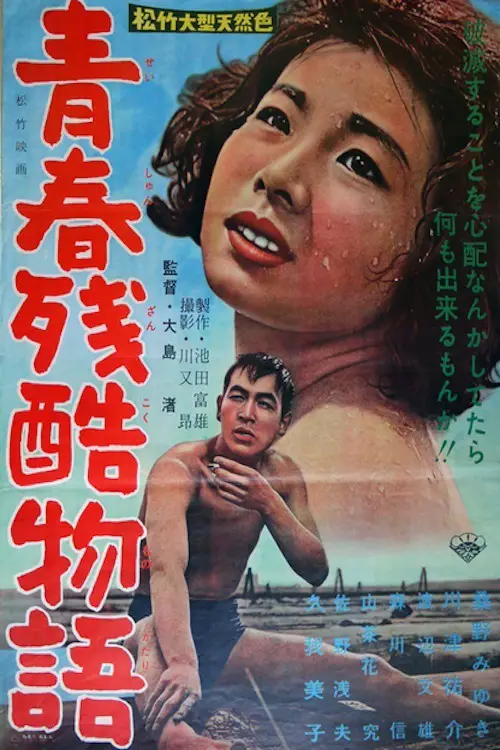
Similar movies
The Hong Kong chapter of Eric Tsang's "Growing-up Trilogy" bears testimony to the saying: "The kindness of the gods is manifested in allowing young people to embark on life unprepared." Heiward Mak, the 23-year-old director whom people in the inner circle repute to be the next shining star of Hong Kong cinema, crafts a string of vignettes about seven young people about to sit for a major public exam. Clever, humorous, angry and dangerous, this is the Cruel Stories of Youth for the Me Generation of this century of globalization and mediocrity
Mr. Ogata lives a complicated life: he's is a pornographer making two skin flicks per day and trying to stay beneath the radar screen of the local mob; he deeply loves his ailing wife Haru who's cursed by the restless spirit of her dead first husband; he also has a mistress, a step-son who wants to go to university, and a step-daughter entering adolescence. He lusts after his step-daughter, and he asks Haru if he can marry her. Haru agrees to his plan, signs over her business to him, and a crisis ensues when Ogata uses her nest egg to buy equipment so he and his pals can set up their own film processing lab. Surreal images and events weave their way into Ogata's life.
âTattooed Life' begins with a parasol wielding Yakuza assassin attacking a rickshaw. It almost looks like feudal Japan until somebody pulls a gun and we're reminded that it's the 20th century. Post-shooting, the assassin delivers his bounty to his brother (to pay for his art school education) before getting ambushed in one of the few rickshaw-jacking incidents in film history, and being rescued by his art-student brother. In the aftermath, one brother is marked for death by the Yakuza, and the other brother won't go to art school with blood on his hands, so they decide the perfect way to deal with such hardships is to become fugitive construction workers in northern Japan . And why not?
After World War II, some Tokyo prostitutes band together with a strict code: no pimps, attack any street walker who comes into our territory, defend the abandoned building we call home, and punish whomever gives away sex (who falls in love). Maya, a young woman whose family has died, joins the group. Into the mix comes Shin, a thief who's killed a G.I. The women allow him to hide while recovering from wounds, but then he won't leave. Maya is drawn to him, discovering as she falls in love that she can feel again; she's now more fully human, but at the same time, she's endangered herself and her livelihood. Can she and Shin make it out of Tokyo to establish life as a couple?
In Okayama in the mid-1930s, Kiroku attends high school and boards with a Catholic family whose daughter, Michiko, captures his heart. He must, however, hide his ardor and other aspects of his emerging sexuality, focusing his energy on a gang he joins, breaking school rules, and getting into scuffles (he tells her, "Oh, Michiko, I don't masturbate, I fight"). He comes under the influence of a young tough nicknamed Terrapin, and together they lead fights against rival gangs. Gradually, Kiroku and Terrapin align themselves with the right-wing Kita Ikki, and Kiroku becomes a stand-in for the attitudes of Japanese youth who embraced the imperialism leading to World War II.
Kinichi and Akiko meet when they visit their fathers in prison. After successfully gambling on a bicycle race, they spend an enjoyable day together at the beach. Akiko, who tries to make money as an artist's model to pay for her mother's medical expenses, now has to find 100,000 yen to pay off the company from which her father embezzled. Kinichi also requires 100,000 yen as bail for his father, who is accused of election fraud. Kinichi tries to borrow 100,000 yen from his mother, whom he has not seen for three years.
In Osaka's slum, youth without futures engage in pilfering, assault and robbery, prostitution, and the buying and selling of identity cards and of blood. Alliances constantly shift. Tatsu and Takeshi, friends since boyhood, reluctantly join Shin's gang. Shin's an upstart and moves his gang often to avoid the local kingpin. Hanoko is a young woman with ambitions: first she's in the blood business with her father, then she joins forces with Shin. She soon breaks off that partnership, even though she's taken the sensitive Takeshi under her wing. Double crosses multiply. Those with the closest bonds become each others' murderers.
Nagisa Oshimaâs most personal film is a reflection by the director on his own disillusionment with the revolutionary student movement of the 1950âs and the failure of political radicalism. Taking itâs title (as a reference or homage) from Alain Resnaisâ pivotal 1956 documentary Nuit et Brouillard, the film has a group of former student revolutionaries who meet again years later at the wedding of one of their classmates. Old feelings, rivalaries and grudges gradually erupt to the surface as the one-time friends recall the various treacheries by which their cause was defeated. Cutting between times past and the present, and unfolding the action from each of his characters viewpoints, Oshima creates an abstract and yet engrossing study of passions past and principles eroded. âYume Pictures
Muraki, a hardboiled Yakuza gangster, has just been released from prison after serving a sentence for murder. Revisiting his old gambling haunts, he meets Saeko, a striking young upper-class woman who is out seeking thrills, and whose presence adds spice to the staid masculine underworld rituals. Muraki becomes her mentor while simultaneously coping with the shifts of power that have affected the gangs while he was interred. When he notices a rogue, drug-addicted young punk hanging around the gambling dens, he realizes that Saeko's insatiable lust for intense pleasures may be leading her to self-destruction.
Jumpei Niki, a Tokyo based entomologist and educator, is in a poor seaside village collecting specimens of sand insects. As it is late in the day and as he has missed the last bus back to the city, some of the local villagers suggest that he spend the night there, they offering to find him a place to stay.
Trying to make ends meet this way, Masuo also receives help from his teacher who is trying to land him a good job and he also falls under the wing of Kyoko, an older student whose heart is touched after Masuo sells his pigeons to her. However, after his scam is revealed, can these feelings truly remain the same?
Yoshida's first feature follows the lives of young students against a background of jazz, emptiness and boredom. The plot is fairly simple: a "good-for-nothings" from a poor background falls in love with the young secretary of his rich friend's father. The woman senses good in him and tries to lead him on the right path. But to paraphrase Roger Ebert: it's not what a film is about but how it is about it. In the case of Rokudenashi, beautiful lighting and composition highlight this early work of the Japanese New Wave
© Valossa 2015–2026
| Privacy Policy
